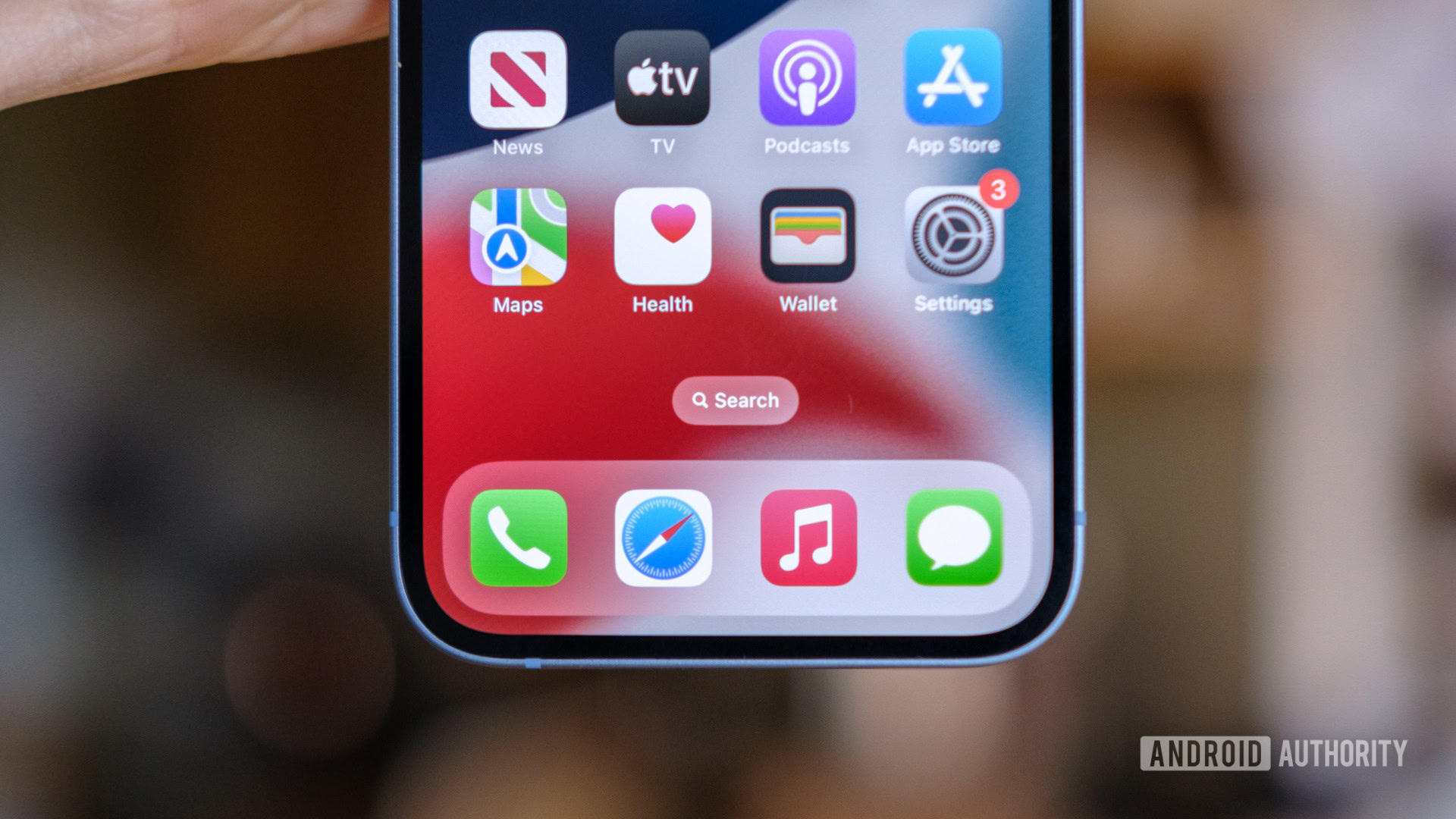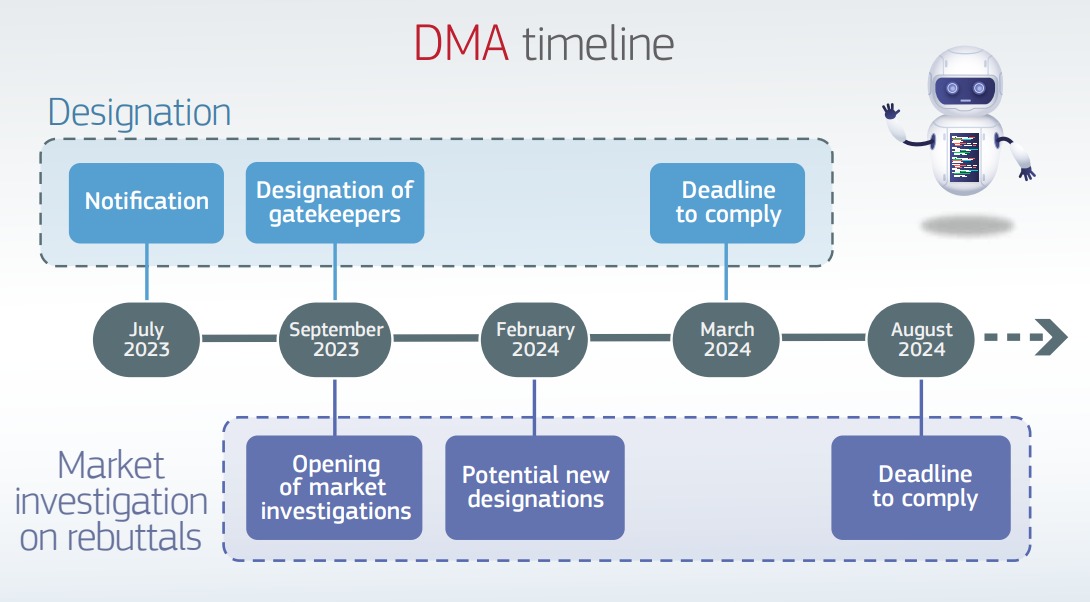Affiliate links on Android Authority may earn us a commission. Learn more.
Apple defends iMessage, says users can switch between IM apps
Published onSeptember 6, 2023

- The European Commission has opened an investigation into Apple’s iMessage to ascertain if it qualifies as a “gatekeeper platform” as it meets the definition thresholds.
- Apple’s public statement defends iMessage, saying users use many messaging apps at once, showing how easy it is to switch between them.
- The European Commission will announce its decision on this investigation by February 2024.
The European Commission’s upcoming Digital Markets Act (DMA) will significantly change how Big Tech operates in the EU. The legislation designates some firms and their monopolistic products as “gatekeeper platforms, ” forcing them to open up and play nice with smaller rivals. Apple’s iMessage has not made it to this list yet, but the Commission plans to investigate further if it does.
Earlier today, the European Commission announced the list of gatekeeper platforms, which includes six big tech companies and their resultant large products/platforms:
- Alphabet: Android, Chrome, Google Ads, Google Maps, Google Play, Google Search, Google Shopping, YouTube
- Amazon: Amazon Ads, Amazon Marketplace
- Apple: App Store, iOS, Safari
- Bytedance: TikTok
- Meta: Facebook, Instagram, Meta ads, Meta Marketplace, WhatsApp
- Microsoft: LinkedIn, Windows
The companies mentioned above have six months to comply with the DMA, i.e., by March 2024. These platforms will need to allow interoperability with rivals. Further, they cannot treat other services from their parent company more favorably than third-party solutions.
In parallel, the Commission has opened a market investigation for Microsoft’s Bing, Edge, and Microsoft Advertising products and Apple’s iMessage.
The Commission will primarily assess whether these products qualify as a gateway despite meeting the requirement thresholds. We can expect a decision on these investigations in February 2024, with the compliance deadline for these possible designations set for August 2024.
On the opening of a market investigation on iMessage, Apple has provided the following statement:
iMessage is a great service that Apple users love because it provides an easy way to communicate with friends and family while offering industry-leading privacy and security protections. Consumers today have access to a wide variety of messaging apps, and often use many at once, which reflects how easy it is to switch between them. iMessage is designed and marketed for personal consumer communications, and we look forward to explaining to the commission why iMessage is outside the scope of the DMA.
Apple’s statement boils down to existing rivals being present in the Instant Messaging space and how many consumers use many of these IM apps at once. This indicates how easy it is to switch between them.
However, one can argue that people use multiple messaging apps because their social circles cannot use them interoperably. Some people are on one platform, while others are on a second one, and so on. The platforms don’t want to play nice with each other.
The consumer’s ability to switch between multiple messaging apps is born out of a necessity to be active on all of them to access their entire social circle. No app can access a user’s full social circle, thanks to walled gardens on these messaging services.
What app or client a person uses wouldn’t be a question if there was interoperability on the base messaging service. If all app clients supported RCS messaging, we wouldn’t be in this situation, as it wouldn’t fundamentally matter what app is being used, as you would be able to send rich messages to just about anybody with a phone number.
The Commission has also opened up an investigation into iPadOS, though it concedes that it does not meet thresholds. iOS has already been designated as a gatekeeper platform.
Failure to comply with the DMA will attract a fine of up to 10% of the company’s total worldwide turnover, going up to 20% in case of repeated infringement. Other remedies are also present in systematic infringements, such as forcing the gatekeeper to sell a business.
